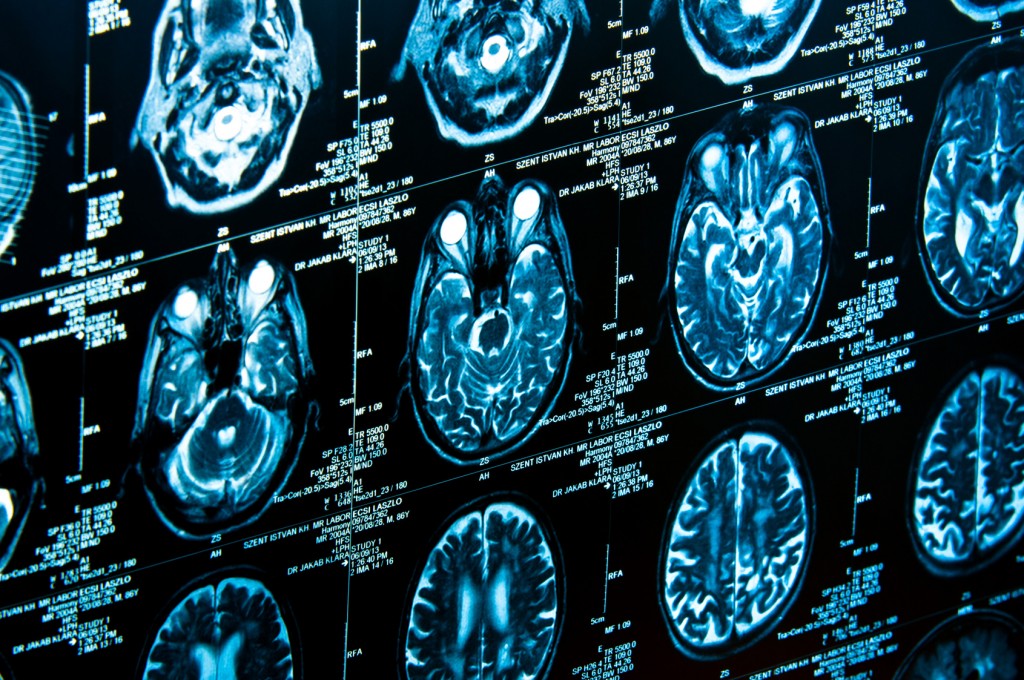Effectiveness of Social Anxiety Therapy Can Be Predicted by Brain Scans

Good news for the estimated 15 million people suffering from social anxiety.
A new study led by MIT researchers suggests that brain scans can help predict whether people with social anxiety disorder will benefit from cognitive behavioral therapy.
People with social anxiety experience extreme fear of interactions with or scrutiny by others that interferes with their everyday life. The disorder is typically treated with either medication or therapy. Currently it is impossible to determine which form of treatment will best benefit a person with social anxiety disorder.
The team of researchers from MIT, Boston University and Massachusetts General Hospital found that they could predict the effectiveness of therapy by measuring patients’ brain activity while they looked at photographs of angry and neutral faces.
The findings of the study, published this week in the Archives of General Psychiatry, may help doctors choose which form of treatment will best benefit patients with social anxiety disorder.
“Our vision is that some of these measures might direct individuals to treatments that are more likely to work for them,” said John Gabrieli, Ph.D., a professor at MIT and senior author of the paper.
In the study, neuroscientists used functional magnetic resonance imaging (fMRI) to examine the brain scans of patients as they looked at angry faces and neutral faces. The patients whose brain scans showed a greater difference in the high-level visual processing areas during the face-response task showed the most improvement after therapy.
Gabrieli admitted that it’s unclear why activity in this region predicts a patient’s response to therapy. One possibility is that patients who benefited more were those whose brains were already adept at segregating different types of experiences, Gabrieli said.
A follow-up study is planned to investigate whether brain scans can predict differences in response between cognitive behavioral therapy and drug treatment.
“Right now, all by itself, we’re just giving somebody encouraging or discouraging news about the likely outcome” of therapy, Gabrieli said. “The really valuable thing would be if it turns out to be differentially sensitive to different treatment choices.”
Chris Nicoletti is a writer for GoZen.com, an online program that helps children overcome their anxiety and fear.